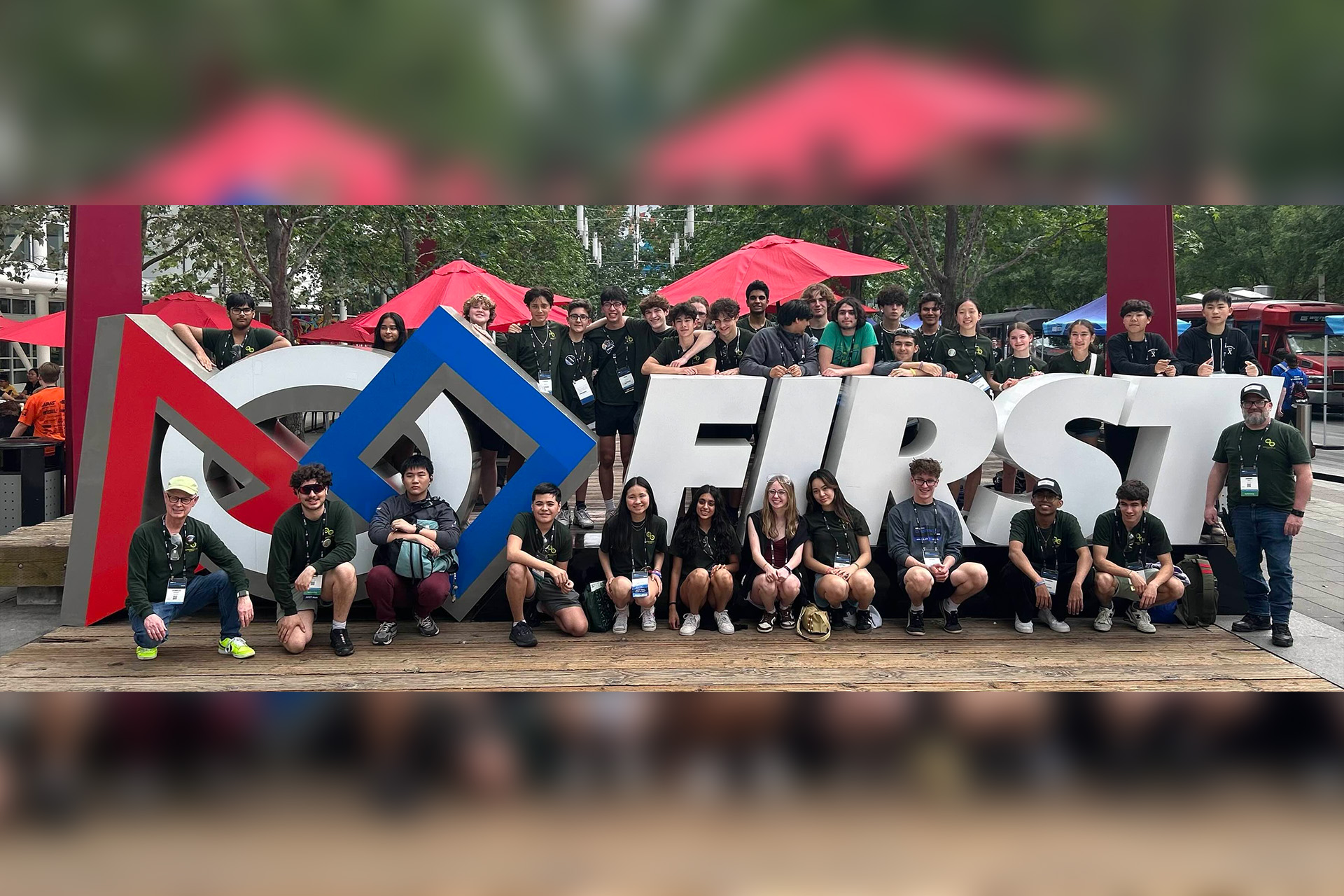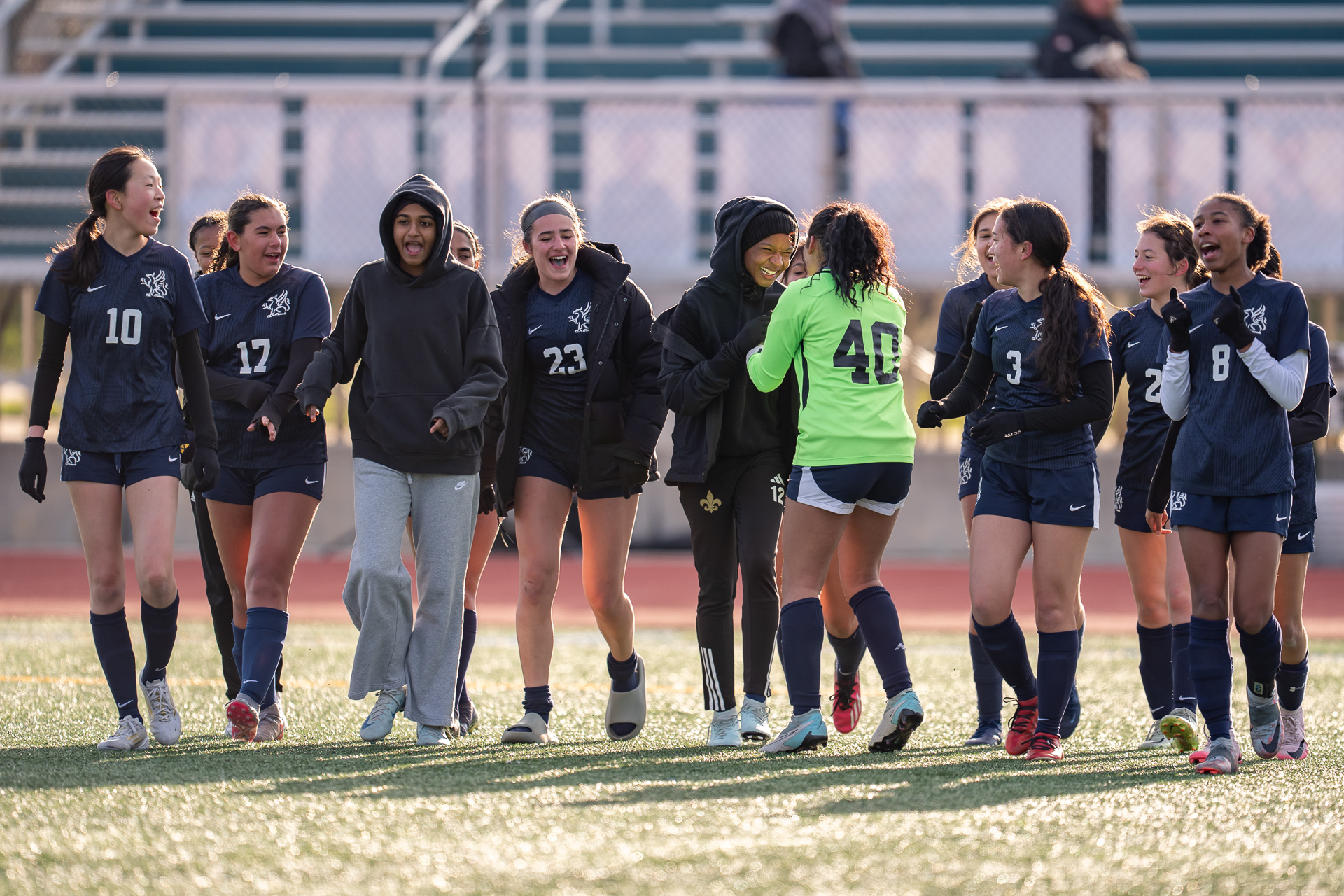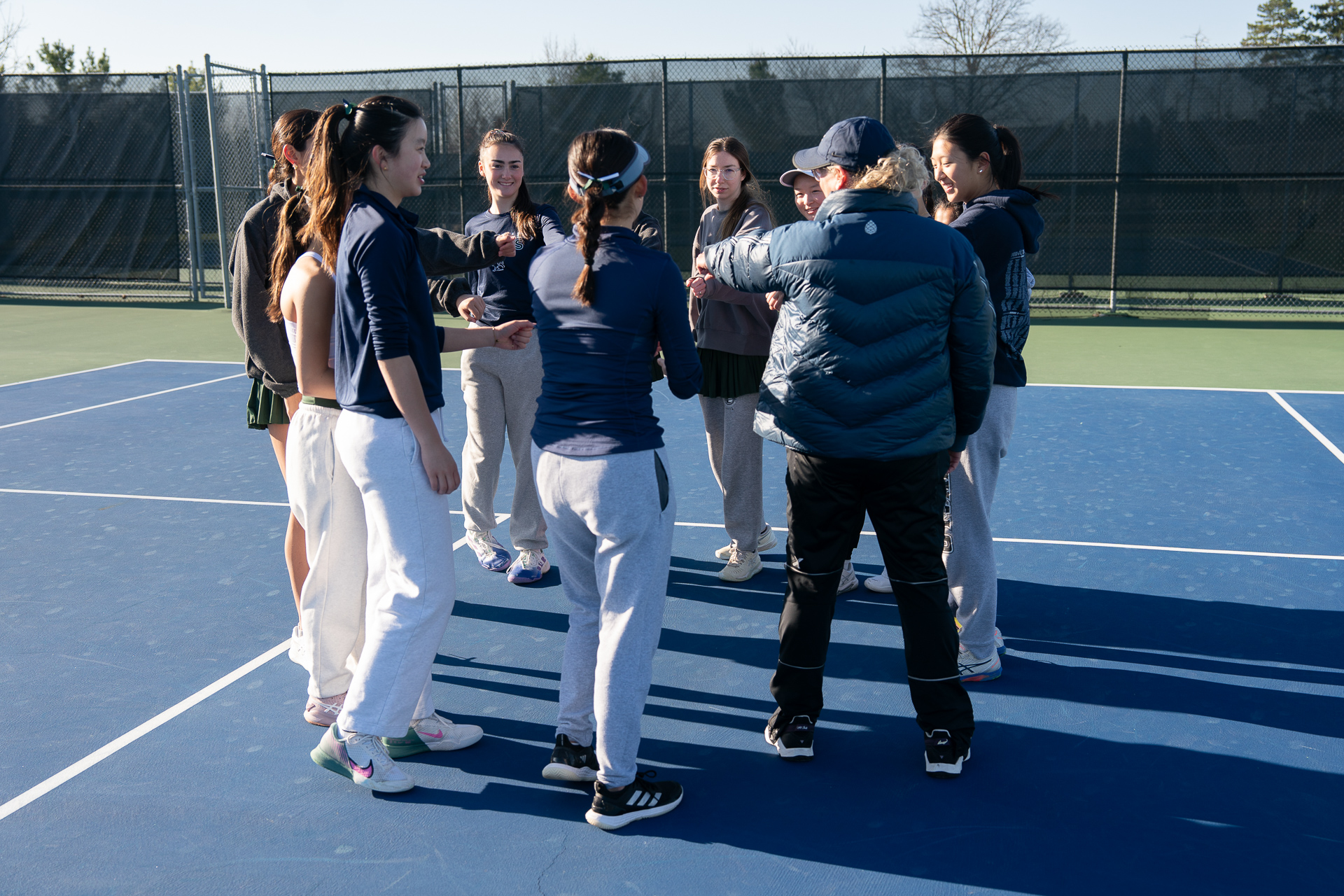Dan Korobkin ’98 Fights for Constitutional Rights as ACLU Legal Director
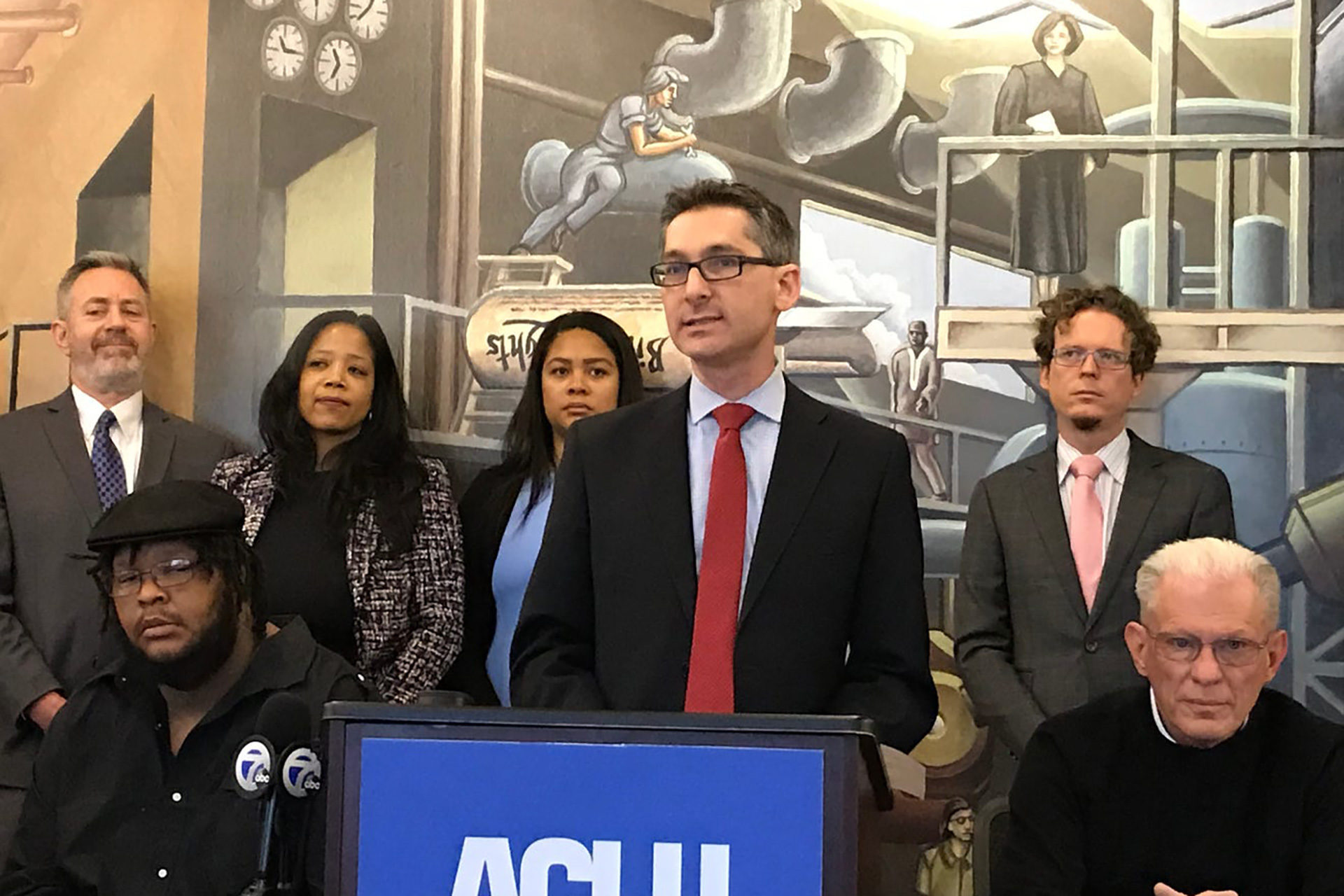
Dan Korobkin ’98, the Legal Director of the Michigan American Civil Liberties Union (ACLU), has an old TV poster on his office wall. It’s from the 1991 mini-series “Separate but Equal,” starring Sidney Poitier as Thurgood Marshall, which dramatized the story of Brown vs. Board of Education, the 1954 Supreme Court case which held that government-sponsored segregation was unconstitutional. The series sums up Korobkin’s career and life goals perfectly: he works to protect constitutional rights for all people, especially those who are marginalized or oppressed, whose rights might demand more urgent advocacy.
But Korobkin wasn’t at the ACLU the first time he saw “Separate but Equal.” He was at Greenhills, in his middle school civics class.
“I really do remember quite well the classes going back to middle school,” Korobkin said, “where we learned about the role of the Supreme Court in issuing very important rulings during the civil rights movement, in connection with people’s basic constitutional rights.”
 Those classes set Korobkin on a path that he hasn’t left. After graduating from college and law school, he joined the Michigan ACLU as a staff attorney, then worked his way up to legal director, a position he’s held since 2019. He now supervises all the ACLU’s legal work in the state, but also maintains his own caseload: he’s argued cases in front of the Michigan Supreme Court including Harrison vs. City of Grand Rapids in November, which challenged the Grand Rapids Police Department policy of photographing and fingerprinting individuals not involved in crimes, and Ter Beek vs. City of Wyoming, which protected the rights of Medical Marijuana patients. This month, Korobkin was named Lawyer of the Year by Michigan Lawyers Weekly.
Those classes set Korobkin on a path that he hasn’t left. After graduating from college and law school, he joined the Michigan ACLU as a staff attorney, then worked his way up to legal director, a position he’s held since 2019. He now supervises all the ACLU’s legal work in the state, but also maintains his own caseload: he’s argued cases in front of the Michigan Supreme Court including Harrison vs. City of Grand Rapids in November, which challenged the Grand Rapids Police Department policy of photographing and fingerprinting individuals not involved in crimes, and Ter Beek vs. City of Wyoming, which protected the rights of Medical Marijuana patients. This month, Korobkin was named Lawyer of the Year by Michigan Lawyers Weekly.
But Korobkin’s job is especially important because he doesn’t just work on cases: he also decides which cases the ACLU will take on in the first place.
“We unfortunately can’t help every single person,” he said. “We have to make strategic decisions about what cases are going to advance the ACLU’s mission in the right way, and what cases will have the biggest impact on the issues that we care about.”
In the last few months, for instance, the Michigan ACLU has filed a complaint with the Department of Justice seeking an investigation of the Taylor Police Department for excessive force; spoken out against what it calls an “anti-voter bill package” in the Michigan Senate; petitioned the Michigan Department of Health and Human Services’ Office of Civil Rights on behalf of a woman being denied a necessary medical procedure; and filed a federal lawsuit to ensure that incarcerated people can continue to receive medication for opioid use disorder. Each time, Korobkin has been the one in charge of whether or not the organization takes the case.
Korobkin’s legal training started early, although he might not have known it at the time. At Greenhills, he wrote for the Alcove student newspaper, ultimately becoming editor; later on, at Swarthmore College, he worked as an opinion columnist at the college’s student-run newspaper. He was also on the Greenhills forensics team, competing in oratory and impromptu speaking. Those activities, he realized later on, had helped develop exactly the skills he would need in courtrooms years later.
“All of those involve using analytical thinking to either write or prepare speeches about interesting social issues, and try to persuade the listener of a point of view,” he said. “This is the kind of thing that is really, really good for people who might want to be lawyers, because when you go into a courtroom, that is what you are doing. Sometimes you’re talking to a jury, sometimes you’re talking to a judge, sometimes you’re talking to three judges or seven justices or nine justices, but whatever it is, your goal is to take a position and to try to persuade the listeners that you are right.”
Korobkin likewise thought back to his time at Greenhills when he was in college, writing academic papers and reading dense, complicated books and articles. He had experience in that kind of thing already, he realized. Most people didn’t.
“In high school, we were really challenged to engage in critical analysis and critical thinking around literature, history, society, and government,” he said. “That, I think, was something that most people don’t get until college, if ever.”
After falling in love with constitutional law as an undergraduate student at Swarthmore, Korobkin went to Yale Law School, then joined the Michigan ACLU. He feels privileged to have the job that he does: he always wanted to do public interest work, and at the ACLU, he’s been able to continue to do that while also pursuing his passion, Constitutional litigation.
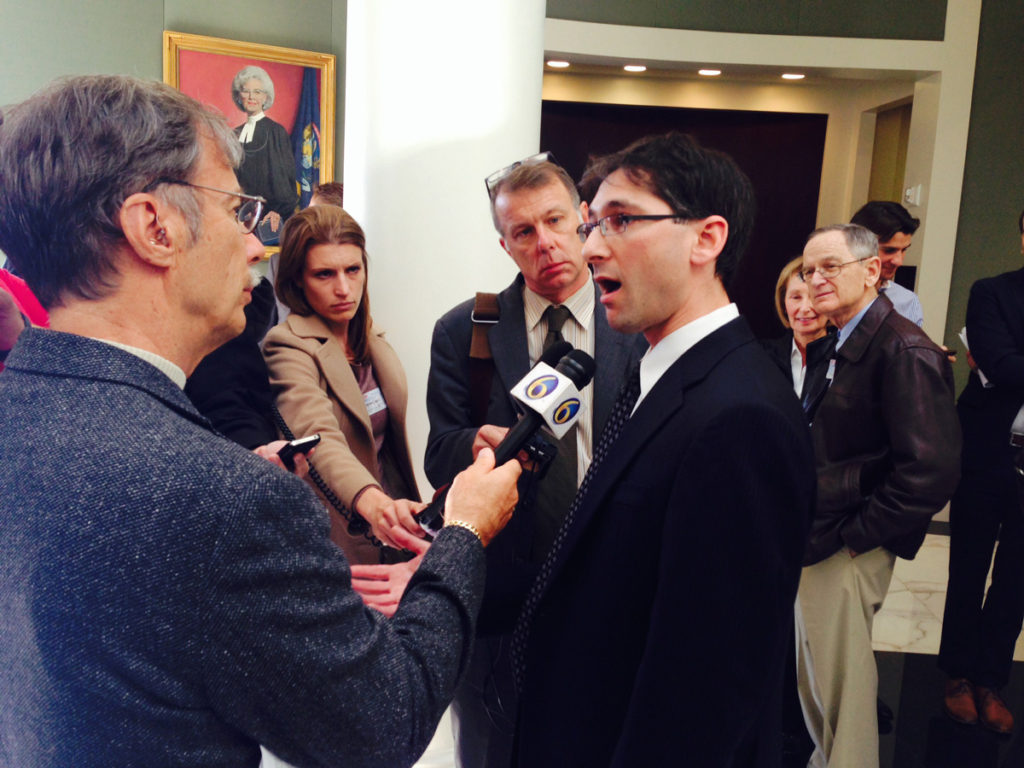
“It’s been fantastic,” he said. “I get to have an impact at a local level in a community that I care a lot about, with the resources and reputation and background and support of a national organization whose mission and values I really support and believe in.”
Korobkin sees the obvious problems with the Constitution, but also has a deep respect for its humanitarian values: equality before the law, and the idea that everyone retains their fundamental rights and liberties, even if they’re unpopular with whoever is in charge.
“Those are universal values that really lie at the heart of democracy and a democratic society,” he said.
They certainly are — so Korobkin feels privileged every day to be able to fight in defense of the Constitution and the rights it codifies.
“It really does impact our lives,” he said. “We see what the Supreme Court is considering these days, and we know we can draw a straight line back from some of the most important cases we learned about in law school or college, or even civics class in middle school.”
By James Schapiro, Communications and Athletics Information Coordinator


